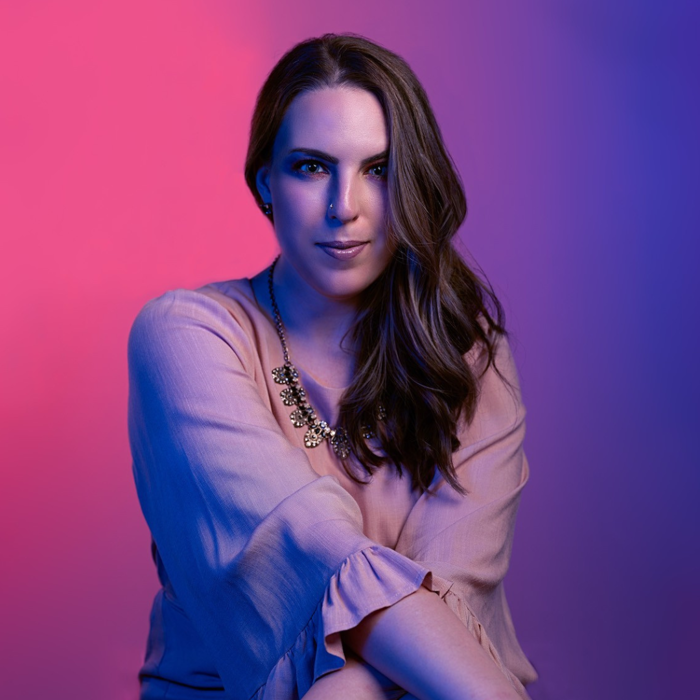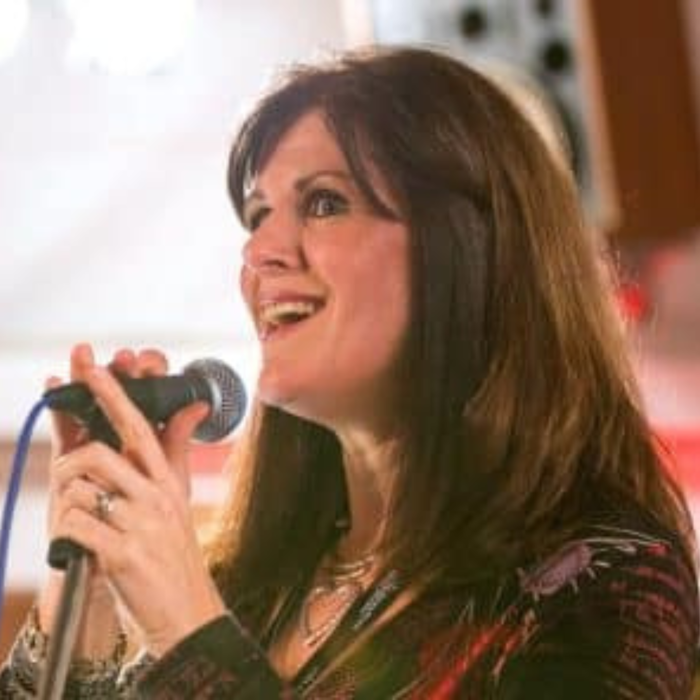The Use of Music in the Speech Recovery and Confidence Rebuilding After Laryngectomy
Thursday 20th February 2025, 5:00 PM - 7:00 PM (London Time)
Laryngectomy is the surgical removal of the voice box, a life changing operation mostly indicated by throat cancer. The post-operative anatomical changes affect voice, swallow, smell and taste. As a result up to 30% of the affected population suffer from anxiety, depression and/or social isolation.
We explore the use of singing, acting and beatboxing techniques in the speech recovery after laryngectomy. We showcase how laryngectomy choir activities including performances and writing poetry help to rebuild confidence and inform, even inspire, the laryngectomy, healthcare, science and broader communities.
We will discuss the rationale behind the introduction of music and writing poetry into the alaryngeal speech recovery, demonstrate audio-samples before and after the use of singing techniques and learn from feedback from audience and participants. The talk will include examples of poetry and performance by the laryngectomy choir. At the end of the lecture there will be room for Q&A.
The talk will be structured as follows:
- introduction to laryngectomy and its post-operative anatomical changes.
- The importance of respiratory function and breathing techniques.
- How Singing techniques can improve the quality of the laryngectomy voice.
- Music as a motivational tool in rehabilitation.
- Beatboxing: every sound counts.
- A choir: group activity on steroids.
- The importance of multiplural co-creation.
- The healing and educational effect of putting things to paper.
- The power of performance.
🏷️ Price £30 (UK VAT inclusive)
🎥 Recording automatically sent to all who book (even if you cannot attend live)
▶️ Rewatch as many times as you like
📜 Certificate of attendance available
Dr Thomas Moors
A Belgian, London based, awarded medical doctor with special interest in voice and integration of art into healthcare. His mission is to use multi plural co - creativity and bring positive attention towards small and scattered groups (overlooked) in medicine, research and society.

Attend this course for as little as £22 as part of the Voice Professional Training CPD Award Scheme.
Learn MoreSorry, this is an archived short course...
We have plenty of upcoming short courses coming soon. See details of some of them below or look at the full list of short courses.

Thursday 26th June 2025
5:00 PM - 7:00 PM
Tuesday 1st July 2025
5:00 PM - 7:00 PM
(London Time)
The Contemporary Classical Singer: Incorporating New Music into Vocal Pedagogy!

Page Stephens
There are evolving expectations for vocalists, who now need to perform in a variety of styles beyond traditional classical music. In this two-part course, Page Stephens argues that voice teachers should incorporate contemporary repertoire and techniques into their lessons to help singers grow in expressivity, flexibility, and economic opportunities. The course will cover industry trends, cultural pressures, and economic benefits of contemporary music, and provide tools for integrating new music into vocal education. Interviews with professionals will highlight the strengths and weaknesses observed in the field, and strategies for teaching new music will be discussed.


Wednesday 2nd July 2025
2:00 PM - 4:00 PM
(London Time)
The identity politics of accent learning!

Jenru Wang
Jenru Wang has an MFA in Voice Studies with distinction from The Royal Central School of Speech and Drama in London - in this session, he will begin to explore the complexities accent coaches might face in their work, examining the intersection of language, identity, and cultural sensitivity. Participants will explore how to navigate challenging situations in different contexts and understand what to do—and avoid—when working with diverse clients and materials.


Thursday 3rd July 2025
5:00 PM - 7:00 PM
(London Time)
Vocal “Decathletes” – inside the hidden world of Session Singing!

Kim Chandler
What is a session singer? Officially it’s a freelance, short-term “singer for hire” brought in to be part of a live or recorded musical project. However, it’s more generally understood to be the “behind-the-scenes” singer who is regularly booked for paid recording work. The type of work (and pay) varies a lot. Session singing is a side of the music industry that is largely hidden from the public and isn’t easy to find out much about, even online. Join Kim Chandler as she unpicks this topic, based on 35 years of session singing!
